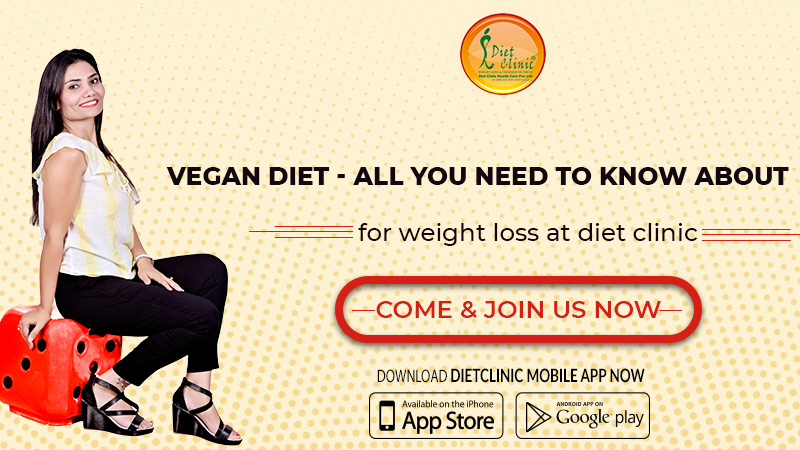
Dietician Sheela Seharawat
There has been a long standing debate on vegan diet being healthy or not? The mainstream belief of veganism is not that positive as many believe that it is dangerous, people face proteins deficiencies, you are deprived of proper food and all that. Contrary to it, at the same time there has been an increasing trend of people moving towards adopting veganism.
While the debate and arguments continues, let’s look what actually it is, are there any benefits or harms associated with it and what you can eat or cannot eat being a vegan.
What is Veganism?
In simplest of terms, vegans are a type of vegetarians with slight more limitations. While a vegetarian does not eats meat, they can still enjoy milk, honey, even eggs and other animal products. Vegans, in comparison do not eat any sort of animal based products. They are so optimistic with their views that many even avoid wearing leather and woollen clothes, as they are based out of animals.
Vegans believe that our body – the human body was never designed to consume meat or dairy, but only plant based foods. In regards to our design of the human food tract, we have more of dissimilarities with carnivorous creatures and more similarities with herbivorous creatures. If you look at the digestive tract of a carnivorous animal, they are short and is made to digest meat in just 3 to 7 hours of time, thereby not allowing parasites to hatch. Whereas, we humans have a long plant based food digestive tract that is long. Human take almost 3 days to digest meat, allowing the parasites enough time to settle down.
So, what all you can eat in a vegan diet?
Following a diet that is entirely based on plant foods, may have risks of putting people in higher risks of nutrient deficiency. It is thereby very important to have a well-planned vegan foods. In order for vegans to stay healthy, planning a nutrient rich plant based diet along with fortified and whole foods is of prime importance. Let’s look at the various types of vegan diets and the foods that each contains for a healthy meal plan:
- The Raw Food Vegan Diet: This type of vegan diet constitutes of vegetables, fruits, seeds, nuts and other plant foods that are either raw or cooked below a temperature of 48 degree centigrade.
- The Whole Food Vegan Diet: A type of vegan diet that is based on a wide variety of plant based foods like fruits, vegetables, legumes, nuts, seeds and whole grains.
- The 80/10/10 Vegan Diet: It is a vegan diet that limits fatty foods from any plant source (Nuts and Avocados) and allows only soft greens and fruits. It is also referred to as a fruitarian or a raw-food or a low-fat vegan diet.
- The Thrive Diet: It is again a raw food vegan diet and people eat raw plant based foods o whole foods that are partially cooked at low temperatures.
- The Junk Food Vegan Diet: Typically a vegan diet that relies on plant based meat and cheese substitutes, vegan desserts and heavily on processed vegan foods.
Are there any risks associated of going vegan?
Going vegan might sound healthy, but eating 100% plant based foods cannot go without any risks. Some of the most common ones are:
- Dangers of nutritional deficiencies: The biggest dangers of all deficiency, is the deficiency of vitamin B12, as it is only available to the human body through animal sources. It can cause weaker energy levels, inadequate support to the immune system and dangers of nerve damages.
- Consistent fatigue: Nutritional deficiency can cause constant fatigue and feeling weak all the time. It can only be overcome by consuming larger quantities of fruits, vegetables, whole grains and other plant proteins.
- Protein deficiency: Although you get enough of protein from bans, legumes and other plant based foods, but improper planning can result in serious protein deficiencies.
- Risk of anemia due to lack of iron.
- Increased risks of depression due to low or no intake of omega-3 fatty acids.
A balanced vegan diet can be of incredible advantage for our health. Of course, the magic lies in its keeping well balanced. It is a great way to lose weight, but is hard to follow. Be sure that you take expert advice and seek proper guidance following a vegan diet.







